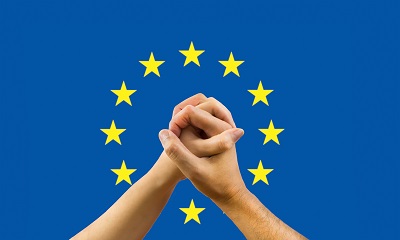The European Union (EU) includes twenty-seven countries and 490 million people. In 2005, the EU had a $13 trillion (€11 trillion) economy, a single market, and for some member countries, a single currency. A growing number of political and economic decisions are made on a pan-European level in Brussels. The origins of the EU are […]| Econlib
Positive externalities are benefits that are infeasible to charge to provide; negative externalities are costs that are infeasible to charge to not provide. Ordinarily, as Adam Smith explained, selfishness leads markets to produce whatever people want; to get rich, you have to sell what the public is eager to buy. Externalities undermine the social benefits […]| Econlib
For more than two centuries economists have steadfastly promoted free trade among nations as the best trade policy. Despite this intellectual barrage, many “practical” men and women continue to view the case for free trade skeptically, as an abstract argument made by ivory tower economists with, at most, one foot on terra firma. These practical […]| Econlib



